Our little town of Pella1 was established and settled2 by one hundred families from Holland in 1848. These Dutch immigrants3 were seeking religious freedom4; many of them had been arrested5 and imprisoned6 in Holland7 because of having different religious beliefs from those of the state church8. Iowa was being settled by a number of ethnic groups9 from Europe, such as Germans10, who established what are known as the Amana colonies11, and Czechs12 who came to the area now known as Cedar Rapids13. There are also Norwegian14, Danish15 and Belgian16 settlements17. All of these ethnic groups still honor their heritage18 today in different ways. Pella has its annual Tulip19 Time20 to share the Dutch love of tulips with anyone who wants to come to town during the first week end in May.
There are five large tulip gardens and countless other small gardens in our town and the streets are also lined with the tulips that the city and the home owners plant. Large tour buses21 come to town filled with people wanting to see the gardens as well as the daily parades22. The elementary schools are dismissed23 on the Thursday and Friday of Tulip Time in order that all of the children, dressed in traditional Dutch costumes24, can march25. They also perform Dutch dances and songs. There are two parades each day. complete with floats26 and marching bands27. The night parade is especially pretty, as the floats are lighted.
People also come to Pella for the Dutch foods—traditional Dutch pastries28, sandwiches etc. Each year our whole family eagerly buys and eats the almond pastries29, tiny pancakes30, sausage sandwiches31 etc., which are available from food stands. Delicious! Don, Yuan Jing (our teacher from Zheda for this year, looking very nice in a Dutch costume), and I sold home-made pastries and coffee at a college booth32 on Saturday. We worked for 3 ½ hours and were busy the whole time. Don made and poured coffee. Yuan Jing and I sold pastries. After our shift33 ended, we went to another booth and bought pofferjes, tiny Dutch pancakes served with strawberries and whipped cream. Yuan Jing liked them so much that she went back in the evening and bought more. Our daughter Kim helped make and sell pofferjes, and the earnings34 went to help the college choir. She said they were really busy too.
Another Tulip Time has ended. We’re all glad we had good weather on Saturday because Thursday was a cold and rainy day with Friday not being much better. I always feel sorry for people who come to see the tulips, the parades etc., only to be disappointed. On Saturday we talked with people from France and from Shanghai. I hope they had a good time.
Notes:
1. Pella: a small town in south central Iowa (爱荷华州). The name Pella means “City of Refuge (庇护所、避难城)” and it comes from an ancient town in Macedonia (马其顿) where people fleeing persecution were safe from harm.
2. established and settled: 建立(派拉镇)并定居(在那儿)
3. immigrants: people newly arrived from another foreign country (移民).
4. religious freedom (宗教自由): the ability of one to practice their chosen religion without fear of persecution.
5. arrested:逮捕
6. imprisoned:关进监狱
7. Holland: The Netherlands, a country in north western Europe (荷兰,欧洲西北部国家).
8. state church: an official church under government control.
9. ethnic groups: people having common racial or national origin or background (不同种族、民族的人群).
10. Germans:德国人
11.Amana Colonies: a group of small towns in north eastern Iowa, settled in the 1800s as a communal society (群居、部落社会).
12.Czechs: people from Czechoslovakia in Europe (来自于欧洲捷克司拉伐克的捷克人).
13.Cedar Rapids: a city in north east Iowa (爱荷华州东北部城市).
14. Norwegian: (of) a person from the country of Norway [挪威人(的)].
15. Danish: (of) a person from the country of Denmark [丹麦人(的)].
16. Belgian: (of) a person from Belgium [比利时人(的)].
17. settlements: newly established place or region (新建的居民点、居住地).
18. their heritage: their cultural or ethnic background or birth (他们的文化种族背景).
19. tulips (郁金香): a showy flower growing in spring from a bulb, with long narrow leaves, in the lily family.
20. Tulip Time: an annual festival in Pella celebrated the first weekend in May (郁金香节,每年五月的第一个周末在派拉举行); a time when tulips are blooming and thousands of tulip beds are on display in the city.
21. tour buses: large passenger vehicles for tourists (游客乘坐的大客车).
22. parades: a procession of people or vehicles, marching along streets or roads in order to celebrate an important event or day (花车游行).
23. The elementary schools are dismissed: 小学放假
24. traditional Dutch costumes: 传统的荷兰服装
25. march: move along steadily with a rhythmic stride and in step with others (步伐一致有节奏地行进).
26. floats: wagons with extensive decorations in celebration of an event (花车).
27. marching bands: musical groups representing towns or schools, or countries in a parade, playing music as they progress (游行队伍中的乐队).
28. Dutch pasteries: cookies, pies and other baked items typical of Dutch bakeries (荷兰风味的糕点).
29. almond pasteries: baked goods with flavoring of almond nuts or almond paste (有杏仁味的糕点).
30. pancakes: a flat cake made of thin batter and cooked on both sides (用面粉、鸡蛋、牛奶和起来的稀面做成的薄煎饼).
31. sausage sandwiches: a highly seasoned meat placed within a bread bun (用经过调味的肉做的三明治).
32. booth: a small, temporary building from which items may be sold (用来临时卖东西的小屋).
33. shift: a work period, usually a number of hours (工作时间,通常数小时).
34. earnings: money received for a product or work (挣钱).
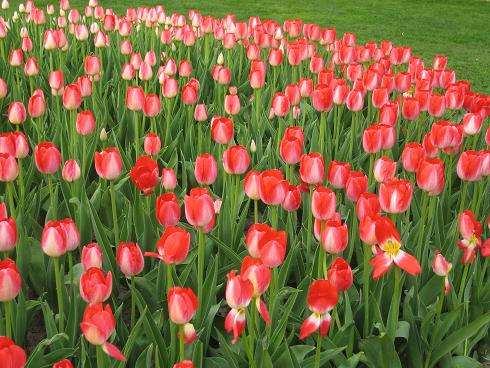
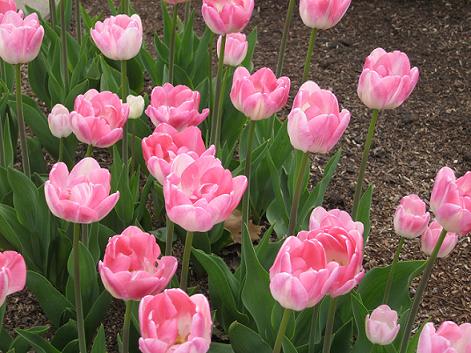
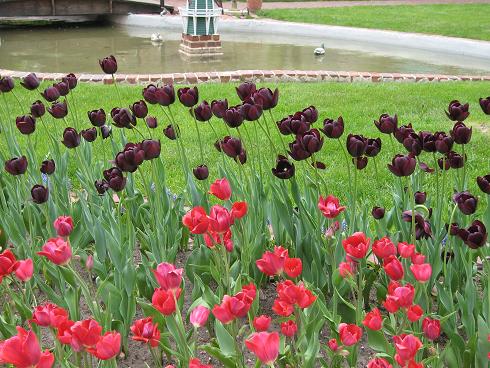
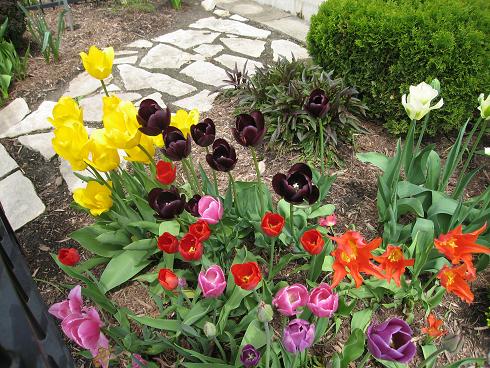
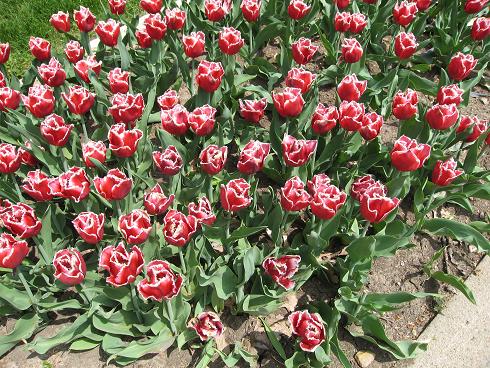
Buy Best Private Proxies…
I found a great……
Fast Proxies…
I found a great……